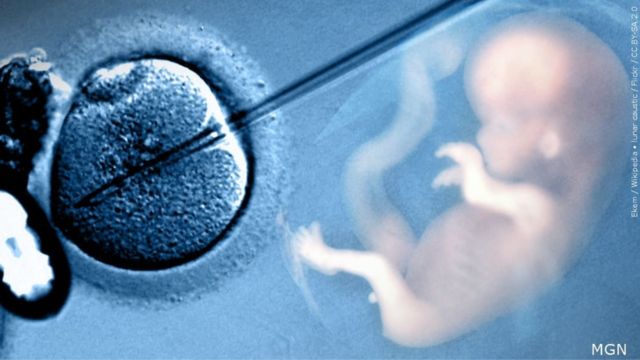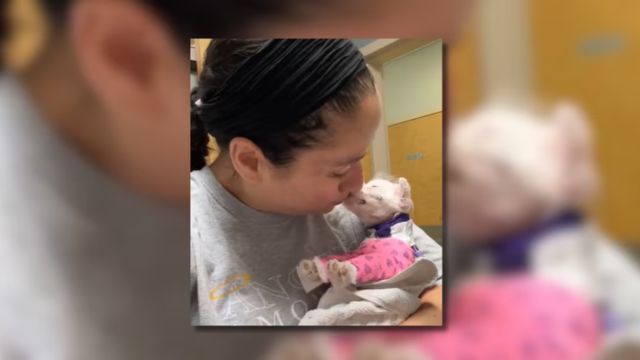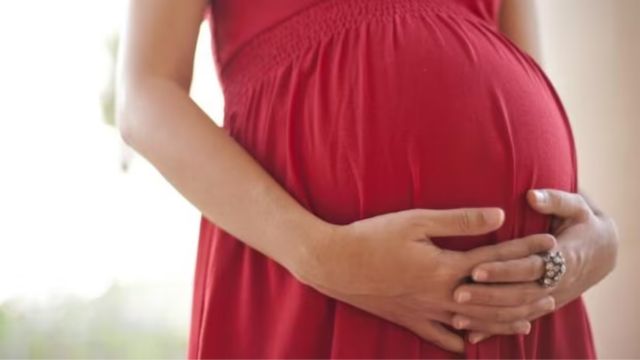The US fight over reproductive health has a new front after the Alabama Supreme Court ruled that frozen embryos are children and that destroying them by accident could result in legal consequences.
Following the judgment, the major hospital in the southern US state has suspended its in-vitro fertilization (IVF) services due to concerns that it may put them at risk of criminal prosecution.
The health system at the University of Alabama at Birmingham declared that it will keep taking eggs out of women’s ovaries. However, it stated that it would stop the IVF procedure after that, which involves fertilizing the eggs with sperm before implantation into the uterus.
“We express our sadness that this will affect our patients’ efforts to conceive through in vitro fertilization,” the top state healthcare provider stated in a release.
“But we must evaluate the potential that our patients and our physicians could be prosecuted criminally or face punitive damages for following the standard of care for IVF treatments.”
Reproductive advocacy organizations and medical professionals issued warnings that the decision would have unfavorable effects on fertility treatments in Alabama and elsewhere.
Conservative organizations applauded the decision, claiming that legal protection should be extended to even the smallest embryo.
What was decided by the court, and why did this lawsuit happen?
The case is based on a wrongful death complaint filed in 2020 by three couples whose embryos were misplaced at a reproductive facility.
One of the patients had ventured inside the embryo storage area, touched the embryos, and dropped them by accident. The result was the destruction of the embryos.
Under the state’s Wrongful Death of a Minor Act, the couples attempted to sue both the Mobile Infirmary Association and the Center for Reproductive Medicine. Although foetuses are covered by the law, IVF embryos are not particularly covered.
A lower court had decided that a wrongful death claim could not proceed because the embryos did not meet the criteria to be considered persons or children.
However, the Alabama Supreme Court decided to find in favor of the couples, holding that frozen embryos qualified as “children”.
The ruling said that “all unborn children, regardless of their location” were covered by the wrongful death statute.
Chief Justice Tom Parker concurred with the majority ruling, writing that “all human beings bear the image of God even before birth, and their lives cannot be destroyed without eroding his glory.”
What effects does this have on those seeking infertility in Alabama?
IVF is neither prohibited or restricted by the verdict; in fact, the couples who filed the lawsuit actively sought out the treatment.
However, experts warn that the ruling might lead to misunderstandings over the legality of certain IVF procedures under Alabama law. The usage and storage of embryos in clinics may come under scrutiny if they are deemed human beings.
“Not all [IVF] embryos are used, nor can they be,” stated Elisabeth Smith, director of state policy at the Center for Reproductive Rights, in a statement to the BBC.
“To enact legislation granting legal personhood to embryos could have disastrous consequences for the use of IVF – a science many people rely on to build their families.”
Patients themselves may experience uncertainty regarding the legality of the surgery and its continued availability.
“The significance of this decision impacts all Alabamians and will likely lead to fewer babies – children, grandchildren, nieces, nephews, and cousins – as fertility options become limited for those who want to have a family,” the Medical Association of the State of Alabama stated in a statement.




